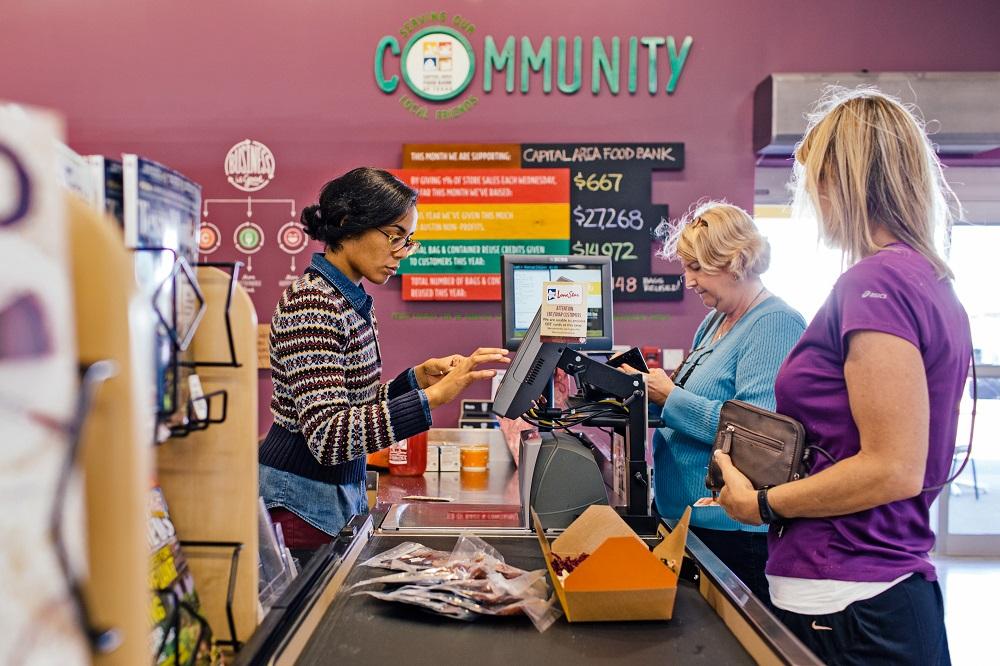Take a stroll through your local food co-op and you’re likely to find plenty of folks who don’t react so well to the concept of “free market capitalism.”
You might get a couple of lectures on social justice and an earful on the industrialization of global food production and the havoc it wreaks on society. But political tribalism aside, co-ops can be great practitioners of free-market capitalism and integral parts of thriving free market economies.





